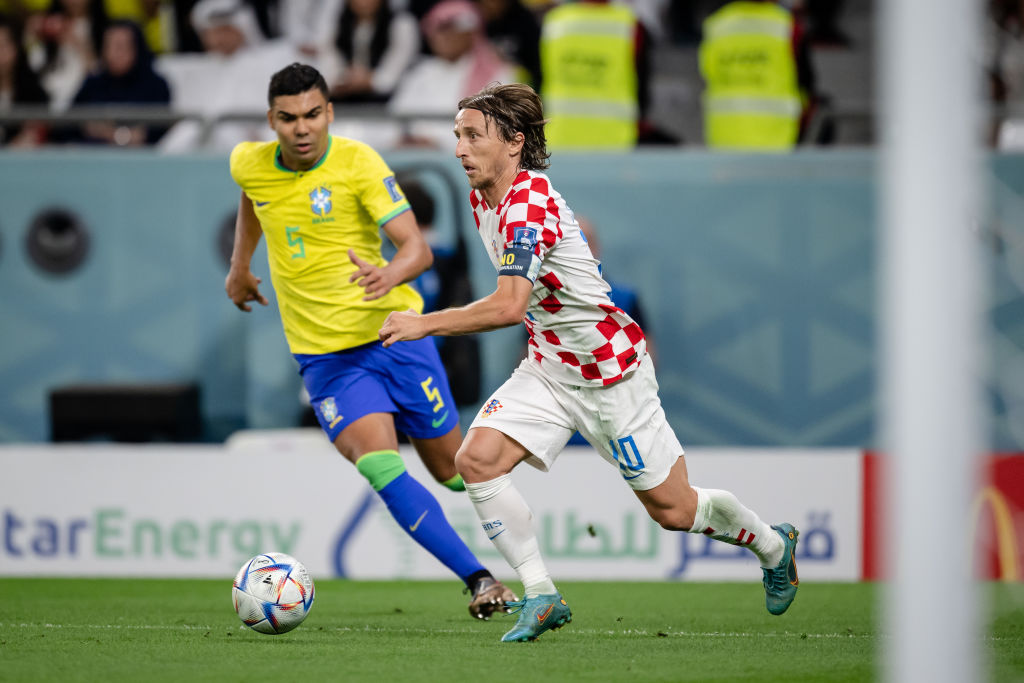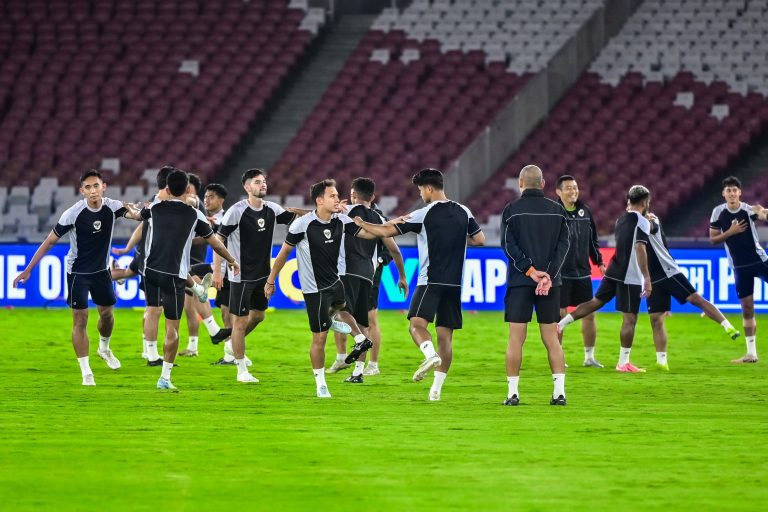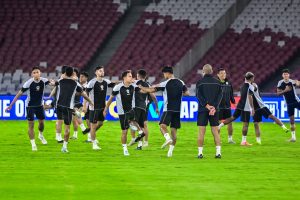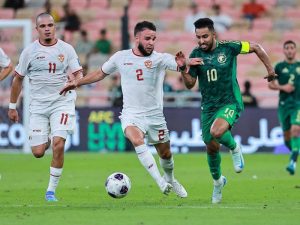From the two group stage matches, Vatreni lost 0-3 to Spain and was held to a 2-2 draw by Albania. For a team that recently won the bronze medal at the 2022 World Cup, and came to Germany as a seeded team, this series of results clearly does not match the team’s attributes and material in general.
However, if you look at how the Balkan peninsula team performed on the green field, these two minor results actually indicate that they are “finished”. With team material not much different from the 2022 World Cup semifinalist team, this team is no longer the same.
Although still driven by Luka Modric, Vatreni’s creativity looks stagnant and easier to anticipate. The experience of the Real Madrid player born in 1985 is no longer of much help, because his performance level seems to have decreased. As a result, the quality of the team’s attacks looks weak.
Evidently, of the two goals scored in Germany, only one was scored by their players, namely when Andrej Kramaric scored against Albania.
Another goal was scored by Klaus Gjasula’s own goal, a substitute for Albania, who ironically also scored against Croatia in injury time. Indeed, there is still a plan, collective play and neat tactical scheme, typical of Eastern European teams, but it looks like a chess strategy. Once a fatal weak point or a powerful counter-strategy recipe is found, it’s over.
Meanwhile, during Euro 2024, Zlatko Dalic’s team’s fatal weak point was in their fragile back line, which was vulnerable to penetration, especially in cross-ball situations or shots in the penalty box. This weakness seemed exposed and could be exploited by the opponent.
Evidently, of the five goals that nested in Dominik Livakovic’s goal, all five came from shots in the penalty area, with three of them starting from a cross scheme.
Clearly, there is a problem with the coordination of the back line. There is no longer the usually strong Josko Gvardiol at Manchester City and Livakovic who provides a sense of security under the crossbar.
With creativity that looks dry and the back line is so fragile, it feels like Croatia needs extra luck, to be able to just draw, let alone win narrowly in the last match against the defending champion team Italy in the last match.
As is known, Italy is a team that usually plays cleverly, although sometimes a bit naughty. This cleverness can be seen, among other things, from the performance of the team coached by Luciano Spalletti, when they won 2-1 over Albania.
Although they immediately conceded in the early minutes, La Nazionale only needed 15 minutes to turn the score around and control the situation, before finally securing victory.
This ability to control the situation has not been seen again, because when facing Albania, Luka Modric et al did manage to turn the score around after conceding, but they actually conceded again towards the end of the match.
If Croatia’s performance does not improve, it feels like Euro 2024 will be a gloomy story, as well as a sad end to the legendary era of the remnants of Luka Modric’s generation in the national team, which began in 2006, immediately after successfully reaching the final and semifinals in succession, in the last two World Cup editions.
On the other hand, if Kockasti finally has to pack his bags in the group stage of Euro 2024, this will prolong the team’s curiosity in the European football party.
As is known, since its debut at Euro 1996, the highest achievement of this former Yugoslav team was the quarter-finals (1996 & 2008 editions), and they need more time to be able to match, let alone surpass it.
ASL















